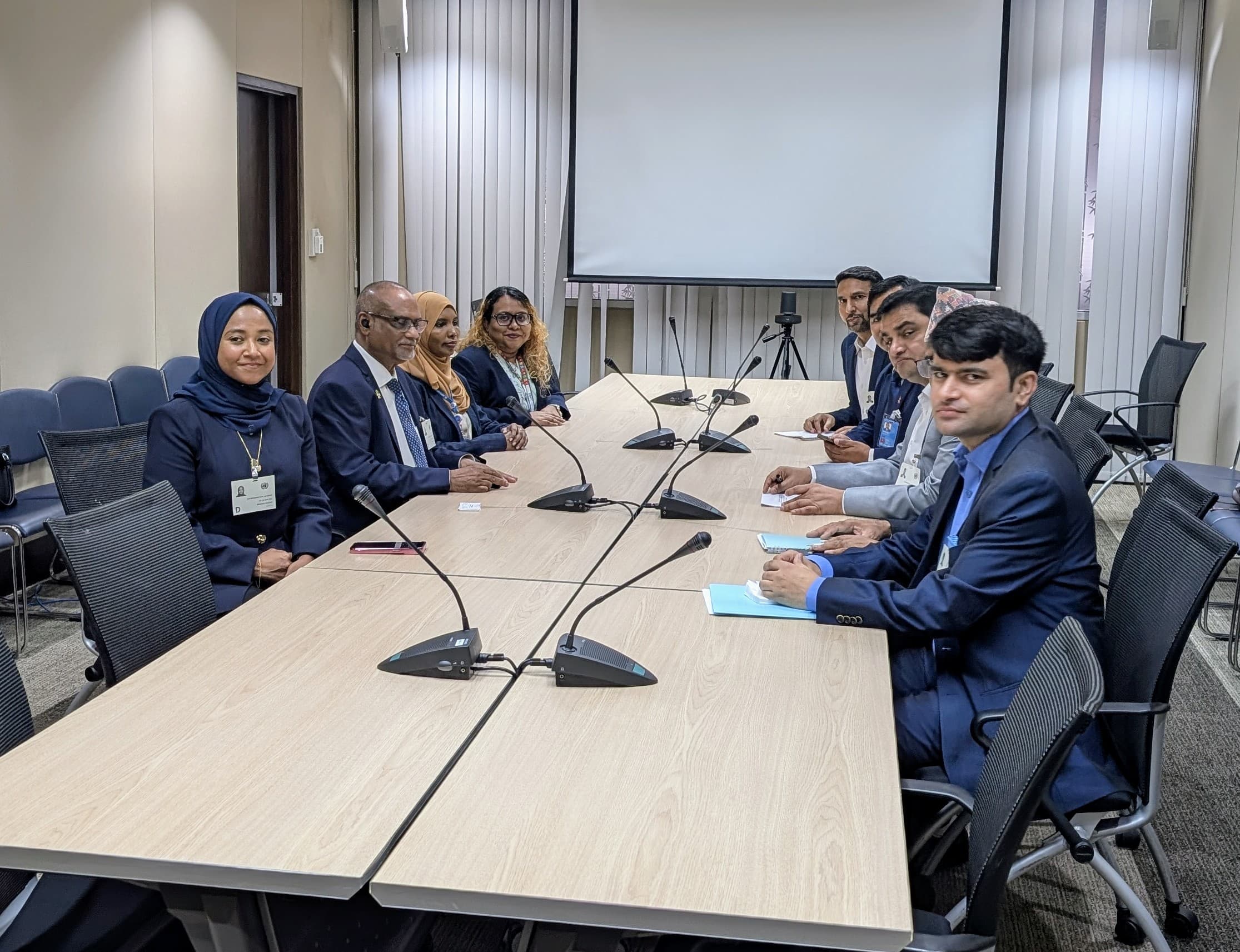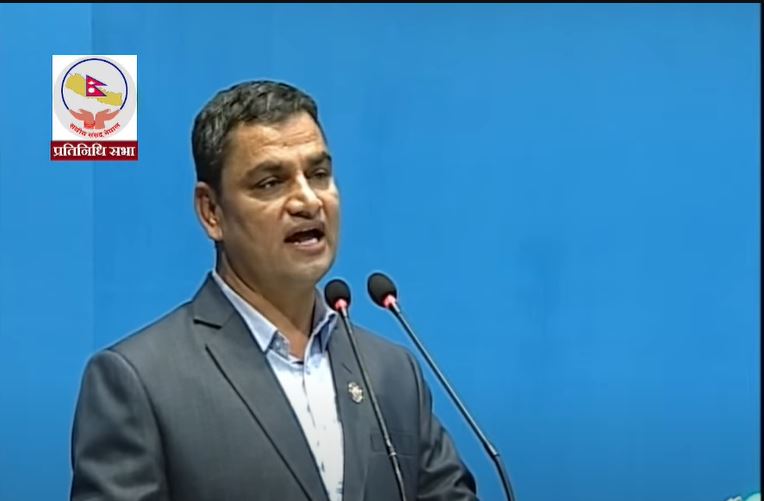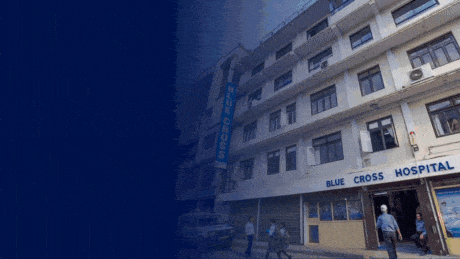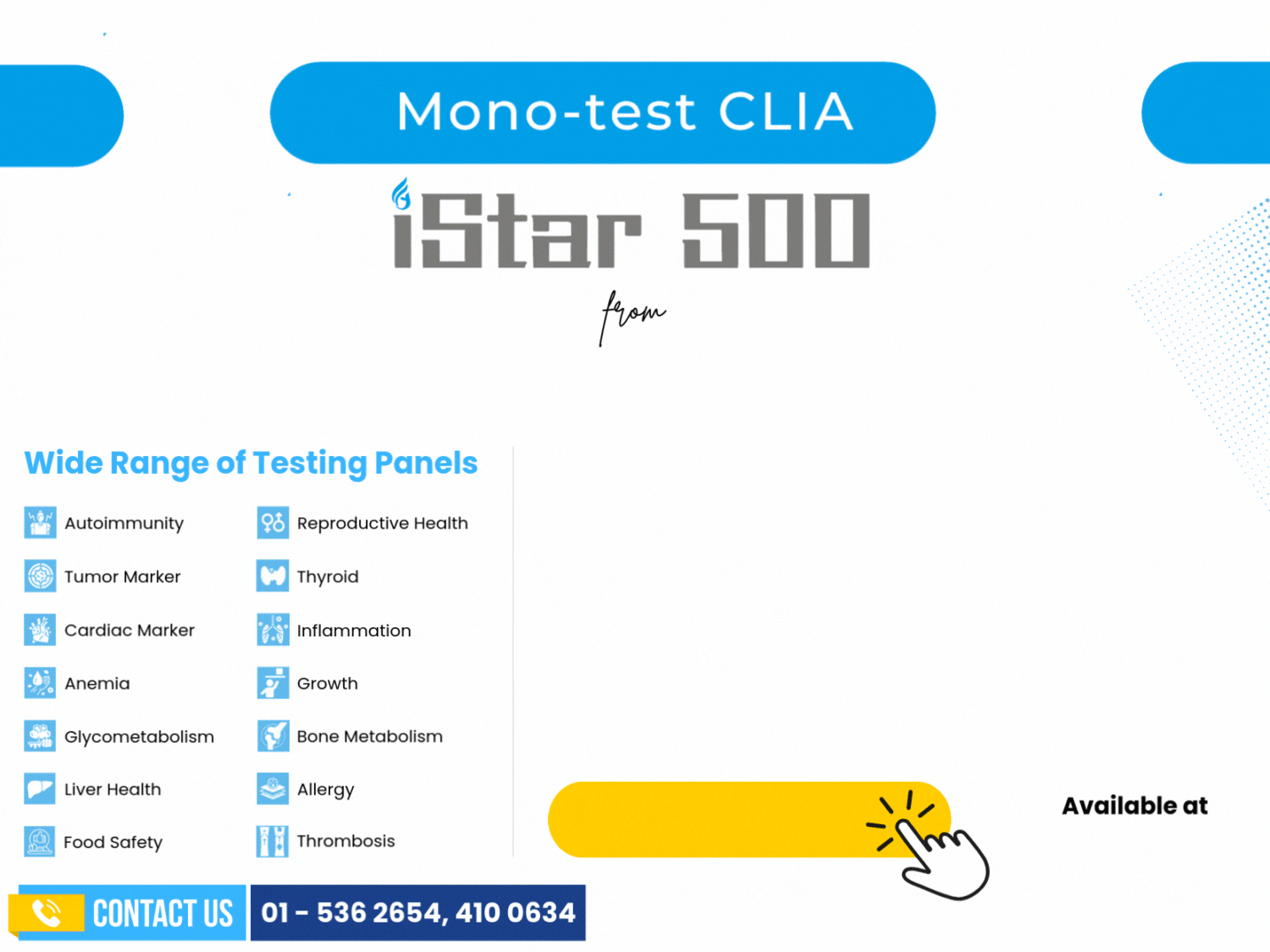
India—Bollywood superstar Salman Khan publicly disclosed that he is suffering from three severe and potentially life-threatening medical conditions—brain aneurysm, arteriovenous malformation (AVM), and trigeminal neuralgia. The revelation came during his appearance on the newly launched The Great Indian Kapil Show on Netflix.
“I’m still breaking bones and ribs on set despite having trigeminal neuralgia, an aneurysm in my brain, and AVM,” Khan shared during the show, drawing a wave of empathy and admiration from fans.
What Are These Conditions?
1. Trigeminal Neuralgia (TN)
Often referred to as the “suicide disease” due to its unbearable facial pain, trigeminal neuralgia is a chronic nerve disorder that affects the trigeminal nerve, responsible for transmitting facial sensations to the brain.
Symptoms: Sudden, stabbing, or electric-shock-like pain on one side of the face, triggered by brushing teeth, chewing, or even wind.
Treatment:
Medications like anticonvulsants (e.g., carbamazepine)
Microvascular decompression (surgery to relieve nerve pressure)
Stereotactic radiosurgery (e.g., Gamma Knife)
Nerve blocks or Botox for temporary relief
Salman Khan previously underwent surgery for trigeminal neuralgia in 2011 in Los Angeles, but the condition continues to affect him.
2. Brain Aneurysm
A brain aneurysm is a bulging or ballooning in a blood vessel in the brain, which can rupture and cause a hemorrhagic stroke—a life-threatening medical emergency.
Symptoms (if unruptured): Intense headaches, eye pain, blurred vision, neck stiffness
Symptoms (if ruptured): Sudden severe headache, nausea, loss of consciousness
Treatment:
Clipping: Surgically placing a clip at the aneurysm base
Endovascular coiling: Filling the aneurysm with coils via catheter
Flow diverters: Stents that redirect blood flow
Monitoring: For small, low-risk aneurysms
Aneurysms are often called “silent killers” because they may not show symptoms until it’s too late.
3. Arteriovenous Malformation (AVM)
AVM is a rare condition where abnormal tangles of arteries and veins bypass the normal capillary system, disrupting blood flow in the brain and increasing the risk of bleeding.
Symptoms:
Seizures
Chronic headaches
Muscle weakness or numbness
Risk of brain hemorrhage
Treatment:
Surgical resection: Removal of the AVM
Endovascular embolization: Blocking abnormal vessels with glue or coils
Stereotactic radiosurgery: Using focused radiation to shrink the AVM
If untreated, a ruptured AVM can cause permanent neurological damage or even death.
Expert Opinion
Neurologists have praised Khan for his openness. According to Dr. Anshu Rohatgi (Sir Ganga Ram Hospital), the coexistence of these three conditions is rare but serious. “Each disorder on its own is complex. Together, they demand constant monitoring and multidisciplinary care,” she said.
Dr. P. Sarat Chandra, a neurosurgeon at AIIMS, explained that the pressure from an AVM or aneurysm could irritate nearby nerves, potentially triggering trigeminal neuralgia. “These are not just cosmetic or discomfort issues—they can be life-altering,” he warned.
swasthyaadmin
Published: June 24, 2025









